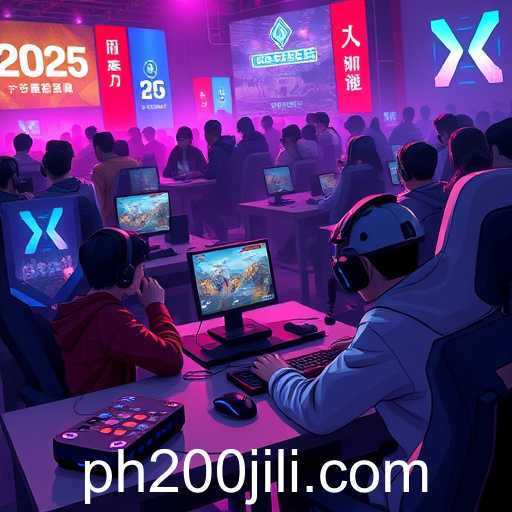An exploration of the online gaming landscape as players and companies navigate increasing digitalization, new trends, and technological breakthroughs.
As 2025 progresses, the online gaming industry continues its trajectory of growth and evolution. With new technological advancements, gaming communities worldwide are experiencing unprecedented levels of engagement and creativity. A term circulating in these vibrant circles is '200 jili', garnering attention on numerous English game websites, signifying a new trend or tool reshaping players' experiences.
The appeal of '200 jili', though rooted in its origins as a strategy or element within a game, has expanded beyond its initial scope, reflecting broader movements within the industry. This demonstrates how player-driven phenomena can influence game design and community interactions at large. Platform creators are increasingly attentive to such trends, leveraging data-driven insights to enhance user experiences and engagement levels.
This wave of transformation comes as digital platforms adapt to evolving preferences, technologies, and cultural narratives. The integration of virtual reality and augmented reality into mainstream gaming has further broadened the horizon for what games can achieve. Players now crave immersive experiences that blur the lines between the virtual and the real, indicative of an industry in perpetual motion.
Moreover, the rise of social gaming platforms has significantly impacted how gaming cultures are shaped and sustained. These platforms allow players to form communities, share experiences, and participate collectively. The notion of gaming as a solitary activity is quickly becoming outdated as multiplayer modes and social features take precedence.
In response to this dynamism, developers are focusing more on community engagement and inclusivity, recognizing the diverse player base that spans across demographics and geographies. This focus is not only ethical but also strategic, as it aligns with consumers' increasing demands for digital socialization and meaningful interactions.
Industry reports suggest that the economic impact of online gaming is becoming more pronounced. As major players invest heavily in new technology and innovation, governments and investors alike are watching closely. The online gaming sector has now become a pivotal force in the broader digital economy, with implications that extend into technology innovation, cultural exchange, and even educational paradigms.
As such, 2025 marks another pivotal year where online gaming not only entertains but also influences broader societal and technological frameworks. The term '200 jili' might be ephemeral in nature, but its underlying significance in shaping gaming landscapes is undeniable, symbolizing the ever-evolving journey of digital entertainment.




